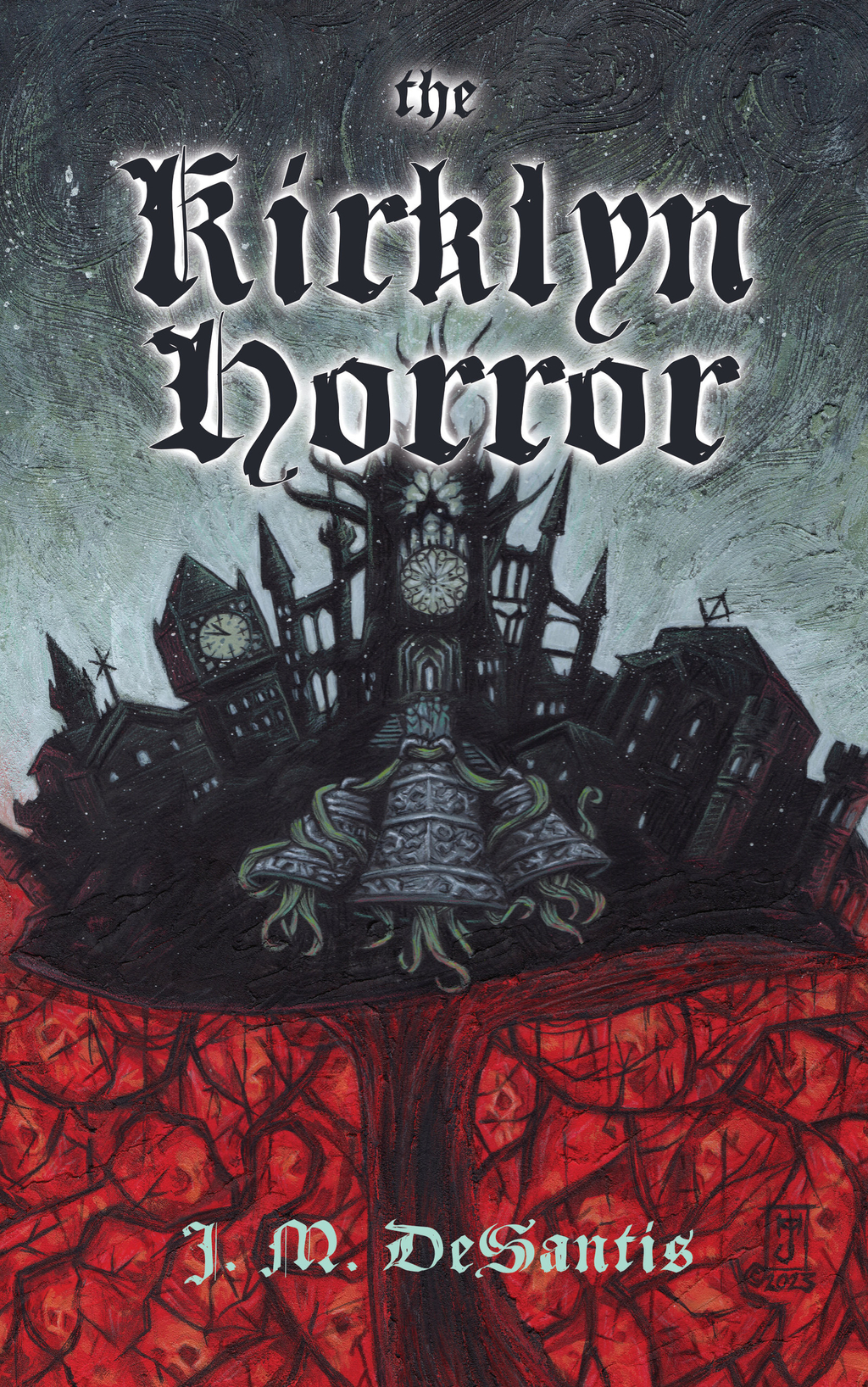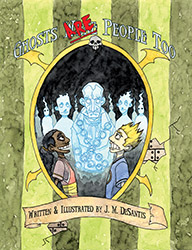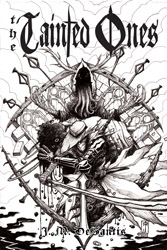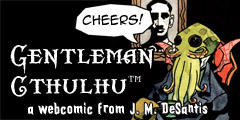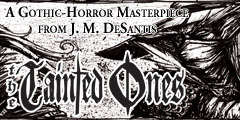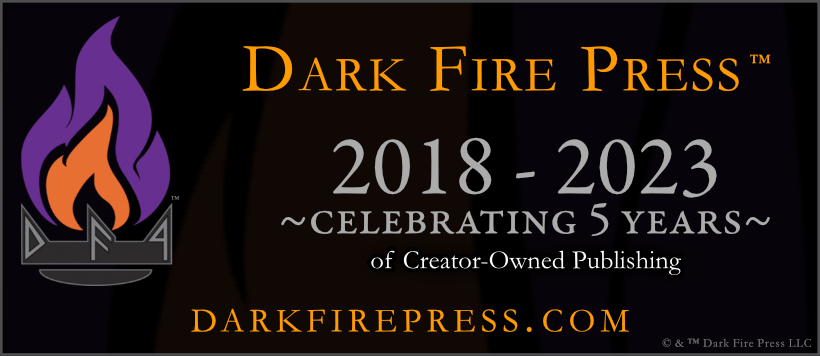Excerpt from
THE PEOPLE FROM BEYOND THE STARS
Published in Worlds Beyond vol. 1, from the Comicbook Artists Guild.
Ever since I was young, as far back as I can remember, I have been fascinated with the idea of life on other planets. Though, perhaps obsessed would be nearer the mark, as I can hardly recall a moment in my youth when anything I did or thought was not somehow motivated by, or related to, my preoccupation with extraterrestrial life. All of the games I played or books I read (those not forced upon me by my school teachers) touched in some way on the subject of alien life forms. There was hardly a time, day or night (though especially at night, when the sky was clear and the stars were their brightest), when I did not look at the sky and wonder what other forms of life might be out there–must be out there!
Strange tentacled beings, almost alike to gods, living in chaos in the farthest reaches of the black abyss. Great robots possessed of organic brains belonging to civilisations so advanced they’d learned to transfer their life-force and memories into undying machines. Exotic females, strange in all ways but their most sensual parts, which I now, half-embarrassingly, admit I often fantasized about in my adolescence. Though, most of all, I dreamt of beings knowledgeable beyond my ken, who had traveled the stars for millennia, and through their journeys had learned the answer to that most ponderous of questions: why are we here?
Whether because of a certain natural bias on my part or the environment I grew up in, these last beings were my favourite to think about. Indeed they seemed the most likely possibility, and somehow I had come to this conclusion very early in life. After all, how could there not be life out there infinitely older and more advanced than our own?
How I pictured these aliens to look is hardly worth mentioning, and it changed over the years as did my tastes for what is visually pleasing to the eye. What never changed, and was only added to as time went on, was the nature of these peoples and the things they would know and bring. They were peaceful and erudite in every way, having long ago become weary of the sadness violence brings, and possessed a knowledge of things even our world’s most brilliant minds could not begin to solve. Their technologies, of course, had far surpassed our own, even in ways my far-reaching imagination could never conjure. Their speech was eloquent and seemed as music to the ear, and their touch had a warm, healing quality to it, so that by merely being in their presence, one at once felt safe and in perfect harmony with themselves and the universe. Theirs was an awesome power, yet it was not obtained through unnatural means. Rather, I thought, it was by their whole race’s unified movement toward perfection that they were able to achieve such greatness–a greatness not beyond the grasp of any life-form willing to cast aside all they knew and walk the path of enlightenment. This and many other things they would teach us. Teach me! Oh, how anxious I grew to know their secret knowledge, and how I yearned to sit and converse with them about all things within and beyond this world.
Unfortunately, most others did not share my sentiments. The vast majority either gave no thought, either way, to life beyond the stars, or thought the idea was utterly ridiculous. Thus I had few friends in my youth, and my teachers and instructors would range from delicately suggesting to violently demanding I give up such foolishness for hard, real science. Even my parents were often concerned about the lengths to which I believed and delved into this hobby of mine. However, like any good parent, they were at times equally as supportive, even if to a fault.
I suppose, in the end, the commentary of my teachers was not without its positive effects. As I grew older, though I never abandoned my interest in extraterrestrial life, I did move from the fiction books to concrete science (though, I must admit, I never wholly abandoned the fiction books either). Specifically, I took up an interest in biology. As it was, and much to my disappointment, there were no sciences for studying alien life, as there was no proof of its existence, either way. So, the way I saw it, biology was the next best thing. My assertion for this opinion was that all the other sciences which did concern themselves with things that occurred beyond our planet, focused on anything but life. Theirs was the study of the stars, or variations in gravity, black holes, and the substances which made up the other, nearby, lifeless planets. Certainly, some of these sciences did, in part, mean to prove (or disprove) the existence of life on a world other than our own, but that was not my area of interest.
Beyond any doubt, I believed that there was life on other planets. It was only a matter of time before this fact was discovered and proven. It seemed a waste to spend my time trying to prove something I knew must be true. I had no stock in being the one to discover life on other planets. What I wished for was to study these life-forms (or better yet, interact with them) once they had been found. Thus it was my thought, that by studying and understanding all the intricacies of terrestrial life, I might begin to understand the possibilities and realities of life on other planets. Of course, even then I realised that I was taking for granted my assumption that all life in the universe would, in some basic way, mimic our own, but I suppose I was not very far off the mark, now was I?
…





